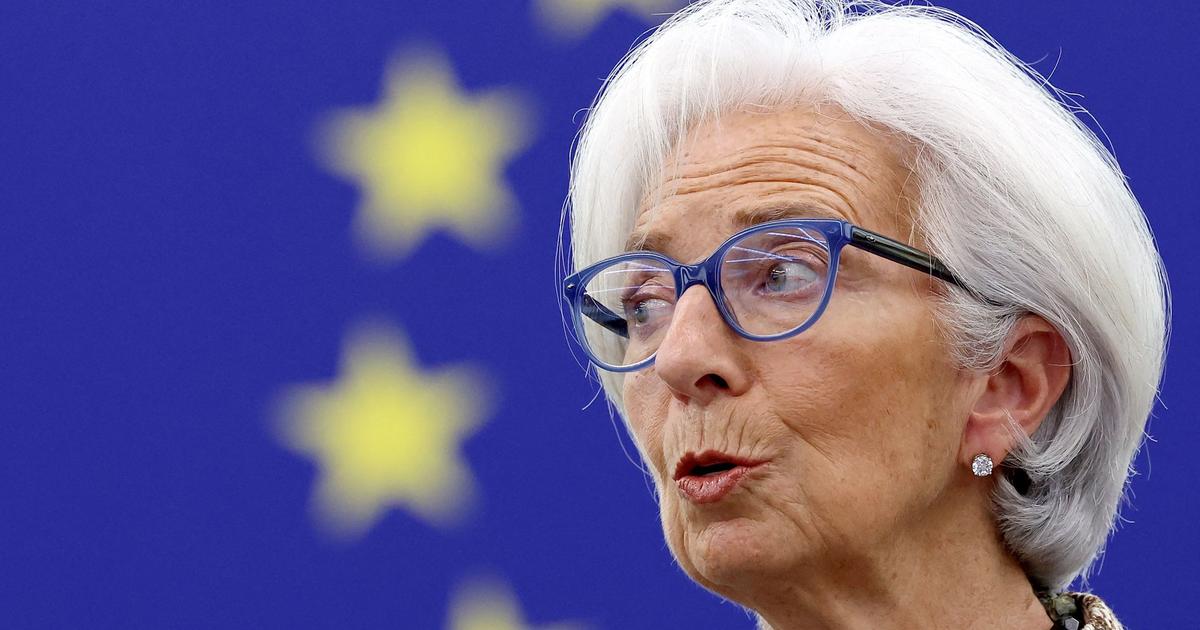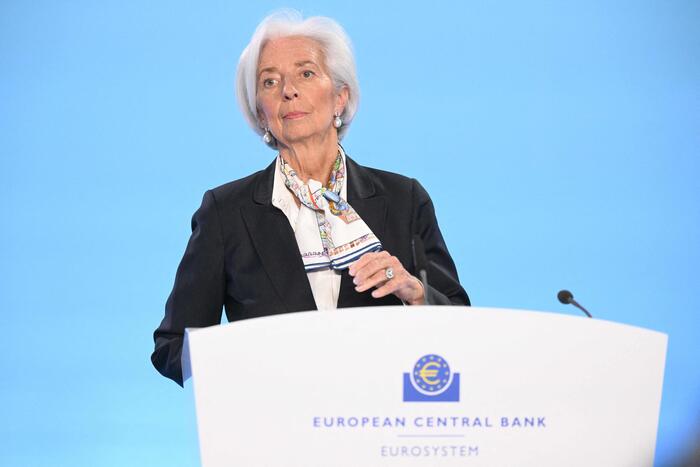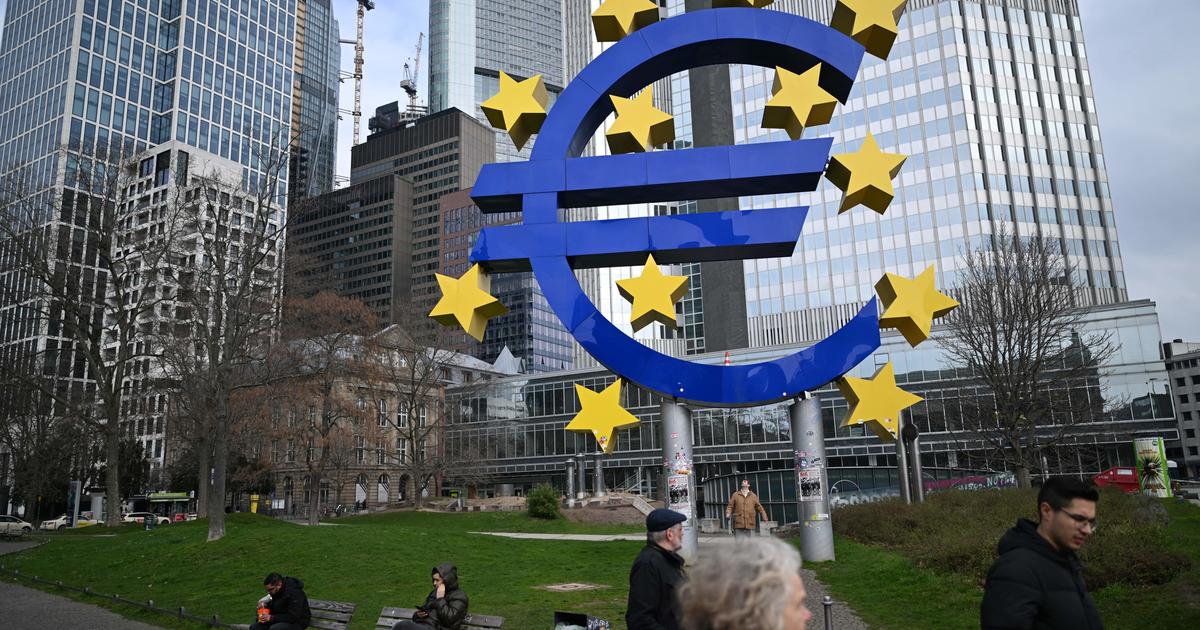The path of the directors of the European Central Bank (ECB) reaches another fork.
In just two weeks, they will have to decide whether to take a steep path with new aggressive rate hikes or loosen up to catch oxygen.
The president of the monetary authority, Christine Lagarde, still sees a way to go.
With a big nuance: she thinks this is "small."
The publication of the minutes of the last meeting of the Governing Council, which agreed to increase the price of money to 3.5%, reflect the growing division within the body after the Silicon Valley Bank and Credit Suisse crises.
Analysts are beginning to anticipate that at the meeting on May 3 and 4 the ECB will loosen up and decide on an increase of 0.25 points.
The abrupt rise in interest rates by the ECB is already reflected in the economy: credit to companies and households becomes more expensive, bubbles burst —such as real estate or cryptocurrencies— and some crises, hitherto punctual, begin to occur.
The last meeting of the Eurobank to discuss monetary policy took place in the midst of the banking upheaval, spurred on by the crises that arose in the United States and Switzerland.
"In the context of a more restrictive monetary policy, pockets of financial vulnerability could be expected," the minutes published this Thursday by the Eurobank point out.
More information
The ECB raises interest rates by half a point but warns that it is "prepared" to inject liquidity into banks
The ECB directors addressed these turbulences and expressed their “confidence” in a euro zone banking sector that – until then – was showing itself to be “resilient”, with strong capital and liquidity positions.
The majority of the members of the body - made up of the directors of the executive committee and the governors of the national banks - asked to separately address the challenges of inflation and financial instability.
Even so, the new situation that arose those days led some members to express different approaches.
The first, on whether rates should be raised or not.
There, the minutes indicate that there was a “vast majority” in favor of carrying out the 50 basis point increase that Lagarde had committed to in February.
But some did not see it that way.
“Some members would have preferred not to increase reference rates until tensions in financial markets have subsided,” the minutes state.
The
pigeons
– the most unorthodox sector – recalled past episodes of financial crises in which the ECB regretted raising interest rates and then had to back down.
And he added that, if the cost of correcting the decision taken in February to raise interest rates was put on the balance and that of slipping with a rise at the wrong time, the latter entailed more risks for the economy.
Instead, the more supportive members of the heterodoxy prevailed over the
hawks
by ensuring that no clues were given about the next steps.
There was no unanimity there either.
The most orthodox were wary of the forecasts outlined by the ECB economists, who in their opinion seemed to forecast “immaculate disinflation”, and feared that the markets would interpret the cycle of increases as “coming to an end”.
For this reason, they proposed that at least the message be sent that more increases would have been announced if it had not been for the turbulence.
That did not work out and finally Lagarde wove the balance between the two sides by announcing a 0.50 percentage point rate hike, but without anticipating future steps.
The 'hawks' ask for more increases
In fact, the members of the council have already begun to make a move towards the May meeting.
Klaas Knot, governor of the Bank of the Netherlands, considered in an interview with
the Irish Times
that it is still too early for a "pause" and suggested more vigorous increases.
“Now we are in what he would call slightly restrictive territory with rates, but inflation is not subdued.
It is still too high,” he stated.
However, it was Lagarde herself who, at an event in Paris, suggested that the path is beginning to flatten.
“There is still a little way to go,” said the Frenchwoman, according to Bloomberg.
“Its duration will depend on a number of factors, in particular the credit impact of the financial problems we saw,” she added.
ECB directors did speak extensively about how corporate margins were driving inflation, and felt "broadly" that "profits and margins warranted continued monitoring and further analysis, on a par with wage developments."
"The frequent references to salaries in public communication did not imply that the evolution of the profit margin was not taken into account," the minutes point out.
Follow all the information on
Economy
and
Business
on
and
, or in our
weekly newsletter
Subscribe to continue reading
Read without limits
Keep reading
I'm already a subscriber

/cloudfront-eu-central-1.images.arcpublishing.com/prisa/43SCUVDQTW6O7H3VVON6BUAHEQ.jpg)







/cloudfront-eu-central-1.images.arcpublishing.com/prisa/C3LDLHDAXBBCFCHWBPELHN64FU.jpg)